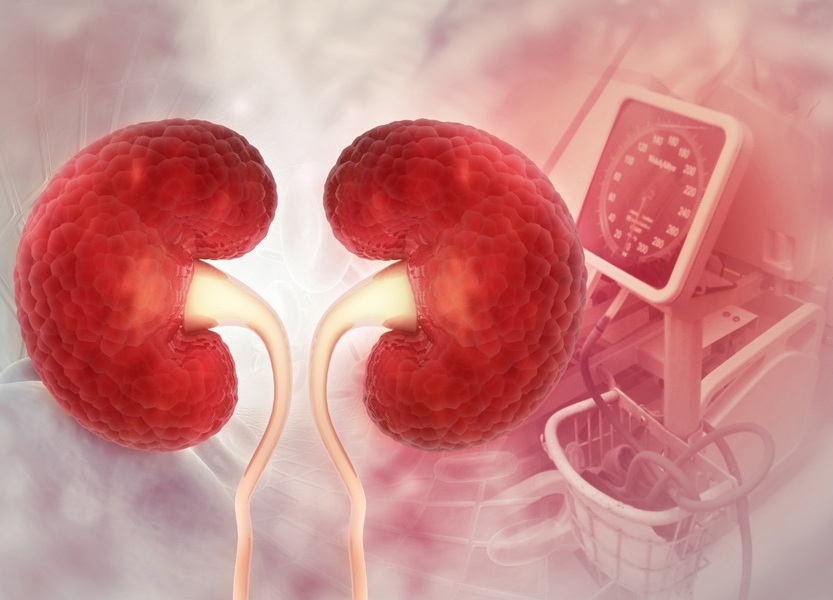Novel LC-MS/MS Assay Detects Low Creatinine in Sweat and Saliva
Posted on 01 Jan 2025

Timely and accurate monitoring of renal function is essential for managing patients at risk of acute kidney injury (AKI), which affects about 12% of hospitalized patients and up to 57% of ICU patients. In approximately 20% of these cases, the condition progresses to more severe stages of AKI, leading to longer hospital stays, higher mortality rates, and an increased need for invasive renal replacement therapies. Early intervention, driven by frequent or continuous monitoring of renal function biomarkers like creatinine, could potentially delay this progression. As renal failure can advance quickly, frequent venipuncture for creatinine testing is required. Recent advances in microfluidic devices and biosensors have led to the exploration of alternative biofluids, such as sweat and saliva, for non-invasive, continuous monitoring of creatinine. Researchers have now developed a novel Liquid Chromatography-Tandem Mass Spectrometry (LC-MS/MS) assay for detecting low creatinine levels in these biofluids.
Researchers at Eindhoven University of Technology (Eindhoven, The Netherlandsl) investigated the correlation between creatinine concentrations in sweat, saliva, and plasma during hemodialysis, with an eye toward future biosensor applications. They measured creatinine levels in sweat, saliva, and plasma from 40 patients undergoing hemodialysis. Using the novel LC-MS/MS assay, they quantified low creatinine concentrations in these biofluids. Correlation analyses were conducted to compare creatinine levels across the biofluids. The LC-MS/MS assay demonstrated excellent accuracy (93.9% to 97.8%) and low imprecision (3.4% to 8.1%) for measuring very low creatinine concentrations, with a limit of quantitation of 1.26 µmol/L.
The study revealed strong correlations between creatinine concentrations in sweat and saliva compared to plasma (ρ: 0.68 and 0.80, respectively). During hemodialysis, creatinine concentrations declined similarly across all three biofluids. These strong correlations suggest that sweat and saliva could serve as reliable, non-invasive alternatives to traditional blood tests for assessing kidney function. This research improves the understanding of creatinine excretion pathways and lays the groundwork for the development of patient-friendly, continuous kidney function monitoring methods, such as wearable biosensors.














